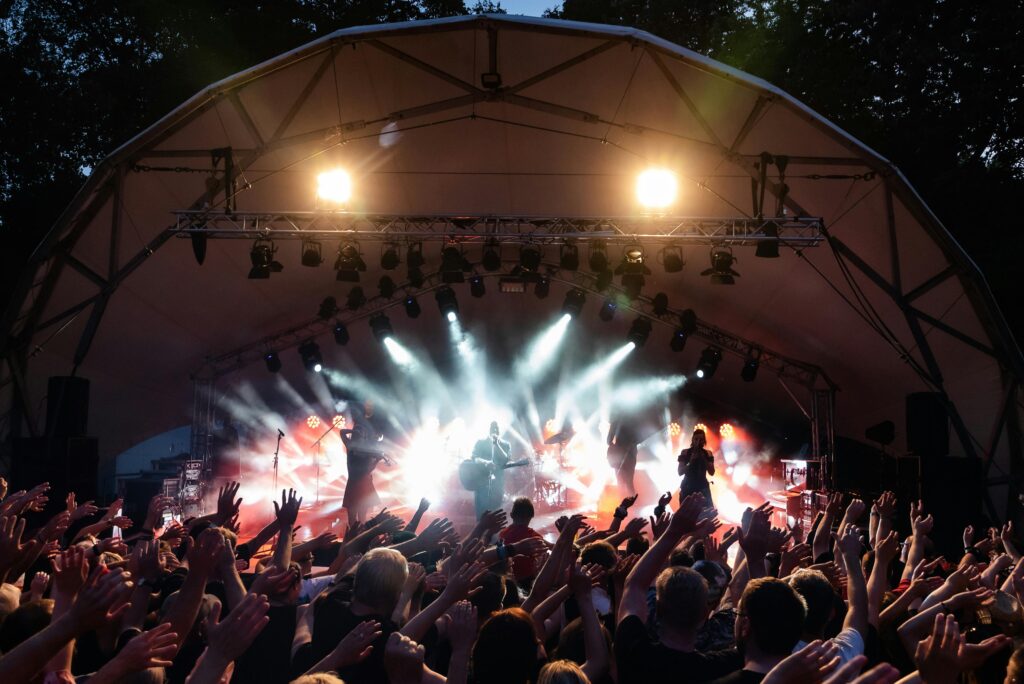
As the world slowly emerges from the shadow of the COVID-19 pandemic, the live music scene is undergoing significant changes. Not only has the pandemic changed the way audiences engage with music, but it has also forced the industry to innovate rapidly. This article explores the potential future of live music, highlighting technological advances, changing audience preferences, and new business models that could define the landscape of live performance.
- Embrace digital platforms.
- Enhance your experience with augmented and virtual reality.
- Artificial Intelligence Personalization.
- Sustainability Concerns.
- Changing business models.
During the pandemic, artists and venues turned to digital platforms as an alternative to traditional live shows. Livestreams, virtual concerts, and interactive performances became the norm. Platforms like Twitch, YouTube, and Instagram were used not only for streaming, but also to engage with fans through real-time interactions. Moving forward, these digital experiences are expected to coexist with traditional live shows, offering hybrid formats where audiences can choose to physically attend or watch from the comfort of their homes.
Augmented Reality (AR) and Virtual Reality (VR) are poised to revolutionize the live music experience. With VR, fans can virtually attend concerts with a 360-degree view without leaving their homes. AR, on the other hand, can enhance in-person concerts by overlaying digital information or visuals on top of the real-world environment, making the live experience more immersive. Artists such as Travis Scott and Marshmello have already experimented with such technologies, pointing to a promising future that blends reality with digital enhancements.
Artificial Intelligence (AI) is playing a crucial role in personalizing the concert-going experience. AI can analyze data from social media and streaming platforms to predict the kind of music the audience might enjoy more. Furthermore, AI-driven algorithms can help in optimizing everything from ticket pricing to the layout of seating charts based on fan demographics and past buying behaviors. This level of personalization not only improves the audience experience but also maximizes revenue for artists and promoters.
The future of live music also points towards more environmentally sustainable practices. The industry is increasingly aware of its carbon footprint, leading to more sustainable event planning. This includes everything from reducing waste, using energy-efficient technologies, and promoting carpooling and public transport use among attendees. Festivals like Glastonbury and events like the Coachella have already started implementing such sustainable practices more rigorously.
The economic model of live music is also changing. With the decrease in revenue from ticket sales during the pandemic, artists and venues are exploring new revenue streams. This includes merchandising, exclusive content releases, and enhanced fan experiences that go beyond the music itself. Subscription models and memberships are becoming more common, offering fans exclusive access to content and experiences in return for a recurring fee.
The live music industry is at a pivotal juncture. While the pandemic posed significant challenges, it also accelerated a wave of innovation that has the potential to reshape the industry for the better. Hybrid models, immersive technologies, and personalized experiences are just the beginning. As we look forward, the integration of technology and sustainability with live music will not only enhance the fan experience but also ensure the long-term viability of the industry itself.

